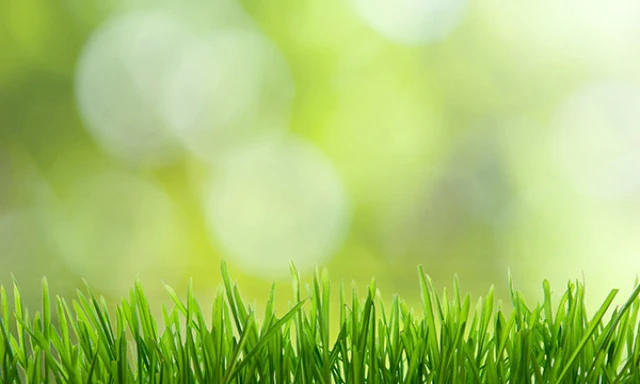Garden Insect Pests
Sap Sucking Insects
Sap sucking insects include the aphids, whitefly, mealy bugs, scale insects, shield bugs and vine hoppers. They have hypodermic like mouth-parts for penetrating the plant to reach the flow of sap. The removal of sap depletes the nutrients and water available to the plant and there is a risk that the insects will inject disease to the plant from other plants it has fed on.
Plant Eating Insects
Insects that eat plants include caterpillars and grubs of many moths and butterflies, bronze beetles, weevils, and others such as porina and carrot rust fly. Also, there are many adult insects that eat plants such as bronze beetle, black fieldcricket and thrips .
Damage to leaves reduces the energy capturing capability of the plant and opens the plant to disease through the wounds and disfigures the look of the plant. Damage to roots reduces the ability of the plant to take up water and nutrients and will increase the risk of disease.
The Kiwicare range includes a variety of systemic and non-systemic insecticides, plus organic biological control for protecting your plants from insects that would eat your plants. Whether the plants are roses, ornamentals, lawn grass, fruit or vegetables there is a Kiwicare product for their protection.
Disease Carrying Insects
Sap sucking, plant-eating insects are often transmitters of disease as they penetrate and damage the plants allowing pathogens to enter and cause disease. The depleting of plant sap or reduction of leaf surfaces also put the plant under stress and may weaken the plant’s immune system making it more susceptible to disease.
Nuisance Insects
Wasps, mosquitoes, flies, ants, spiders, mites, earwigs, slaters, centipedes, millipedes and others can sting, bite or generally cause a nuisance to users of a garden.
Wasps and bees have a painful sting, to which some individuals are more susceptible than others; on rare occasions, a sting can cause anaphylactic shock. For those not allergic to wasp or bee stings a sting on the throat or mouth can still be dangerous if the swelling blocks airways.
Ants rarely damage plants directly but many species will ‘farm’ aphids, protecting them from their predators and encouraging them to feed on the sap of plants. They then feed on the honeydew produced as a waste product by the aphids.
Earwigs, millipedes, centipedes, slaters (woodlice), and others may eat and damage plants, particularly in the vegetable garden but rarely cause severe damage.
Spiders, mosquitoes, flies and others are a nuisance and may make time spent in the garden less of a pleasure.
David Brittain
Kiwicare


